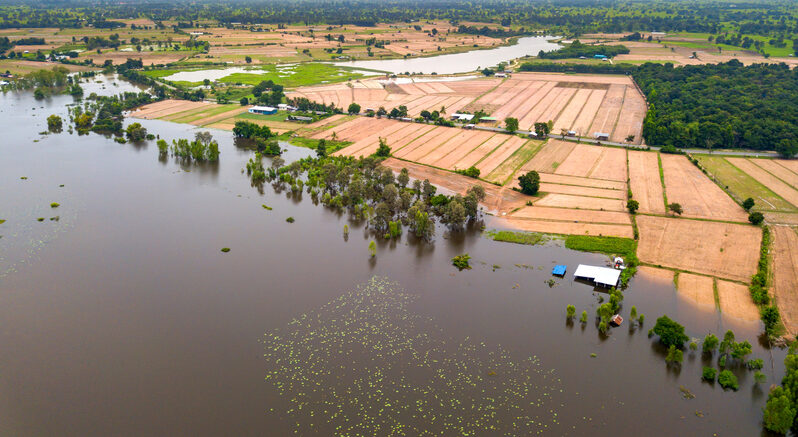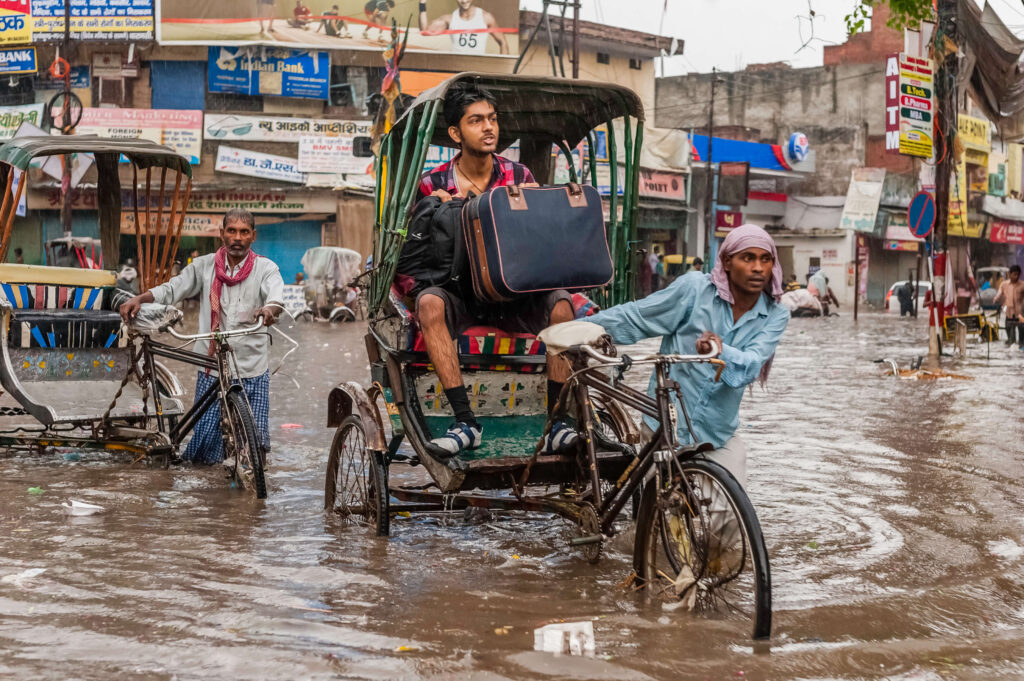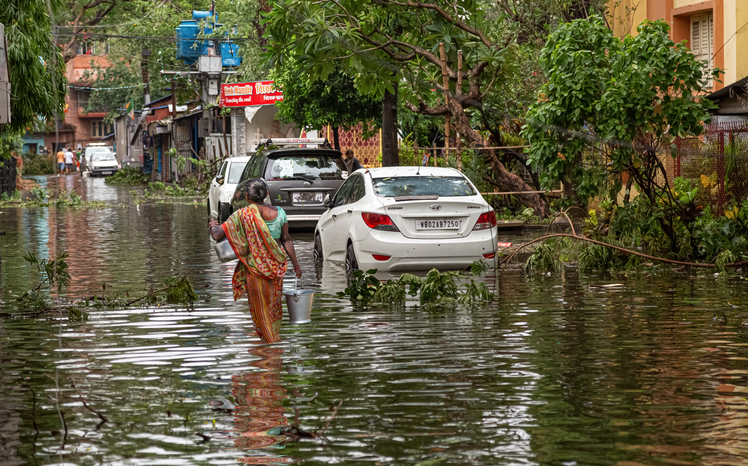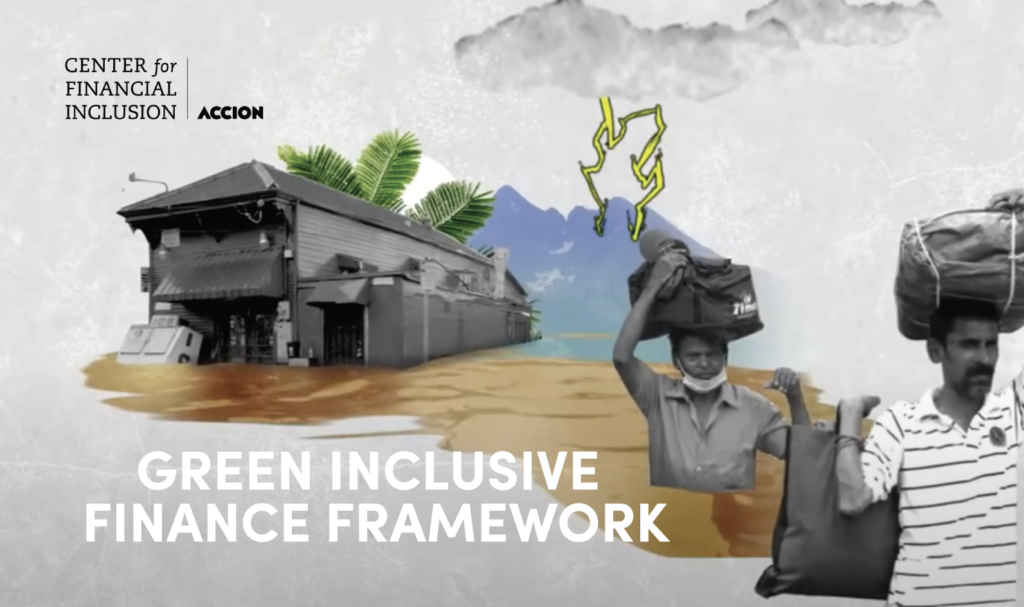
Climate-related disasters are here to stay. How can we help people respond?
We focus on how financial services can support low-income people to build resilience to climate risks, adapt to changing conditions, and in some cases even transition to new livelihoods.
The people who have contributed the least to climate change are the most exposed to its impacts. Climate risks exacerbate existing inequalities and increase the chances of income loss, food insecurity, adverse health effects, displacement, and poverty traps.
At CFI, we recognize that financial services are an indispensable tool to help people prepare for climate-related events and recover when they do happen. We work to uncover and pilot product innovations and then share our learnings with both the inclusive finance and climate ecosystems.
Latest Climate Risk & Resilience Research

Exploring the Intersection of Climate Shocks and Financial Inclusion
The inclusive finance sector has only scratched the surface in exploring the intersection of climate shocks and inclusive finance. This article considers what we already know, the gaps that we still need to address, and how we can better understand the role of green inclusive finance.

CFI’s Green Inclusive Finance Framework
Mitigation. Resilience. Adaptation. Transition.
CFI’s framework helps to understand how inclusive finance can support low-income people to prepare for and respond to climate change while improving green outcomes.

Meet our Experts
Our climate risk and resilience experts focus on helping consumers become more resilient and adapt to climate-related shocks.

